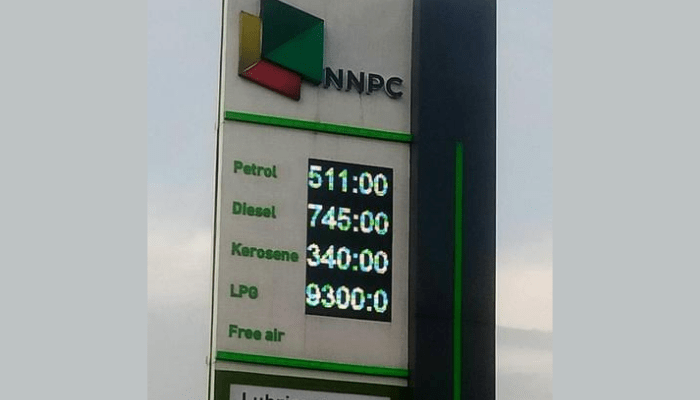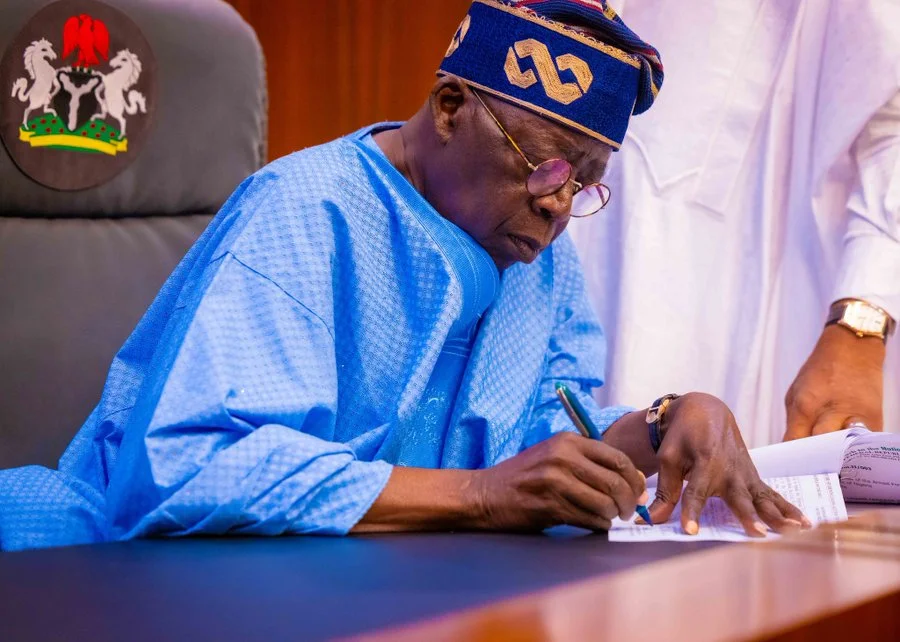Has Tinubu returned fuel subsidy?
In the month of August 2023, President Bola Tinubu-led government paid $220 million or N169,556,200,000 (at N770.71/$ rate) as subsidy payment to fix petrol price at N617 per litre, a document by Federal Account Allocation Committee (FAAC), has revealed.
What does this mean?
Technically, it means that fuel subsidy is back through the back door, although Tinubu promised during his inauguration speech that “fuel subsidy is gone”.
Position of Tinubu on Fuel Subsidy Removal
In his inauguration speech, he frankly bid farewell to the payment of fuel subsidies, describing it as a parasite to the fiscal planning of the government.
He said:
“We commend the decision of the outgoing administration in phasing out the petrol subsidy regime which has increasingly favoured the rich more than the poor.
“Subsidy can no longer justify its ever-increasing costs in the wake of drying resources. We shall instead re-channel the funds into better investment in public infrastructure, education, health care and jobs that will materially improve the lives of millions.”
State House

After the removal of the subsidy, the official pump price of Premium Motor Spirit (PMS) popularly called petrol jumped from around N185 to about N500/litre, and within a few days moved up again to N617 per litre of petrol. That is the official pump price at the time of publication.
Why did Tinubu reintroduce subsidy payments?
When the pump price jumped from N500 to N617/litre within days, there were rumours that there could be another hike in the pump price, in reaction, Joe Ajaero, president of the Nigerian Labour Congress (NLC) vowed to mobilize workers for an indefinite strike, If the government increased pump price.
The presidency says no plan to hike the pump price
In a swift reaction, Tinubu’s spokesman Ajuri Ngelale assured Nigerians that there was no plan to hike the price of petrol.
But the questions financial analysts are asking include:
- If the government has really deregulated the downstream sector, how can the government determine the price?
- How will the government fix pump prices in a deregulated sector if it is not subsidising the price?
Really, if the petroleum sector has been deregulated as claimed by Nigeria’s government, it means the market forces should determine the price and not the government.
Implication of promise by the Tinubu’s government
If the Tinubu-led government vowed there would be no fuel price hike, it means that the government is still intervening in the form of subsidy so as to prevent the price from going beyond a certain level.
Market forces determine price in a fully deregulated economy, the government can only ensure policies are implemented fairly.
He emphasised that the government will address the inefficiencies within the midstream and downstream petroleum subsectors to maintain prices where they are without having to resort to a reversal of the administration’s policy in the petroleum industry.
Payment of Subsidy in August 2023 by NNPC
During the eight years reign of President Muhammadu Buhari, $36.6 billion or N16.9 trillion was paid as a subsidy between 2015 to 2023, to keep the price of petrol at an affordable price. NNPC was involved in the deals.
By the end of July, Tinubu said his government saved $1.32 billion or over N1 trillion within two months after scrapping the costly subsidy on petrol, and part of the money was used as palliatives in the form of loans to state governments.
After that, nothing has been heard about what was saved from subsidy removal, but a report by Daily Trust, how the Nigerian National Petroleum Company (Corporation) NNPC Limited received $275m on behalf of Nigeria as dividends from the Nigerian Liquefied Natural Gas (NLNG).
It was revealed that NNPC Limited paid out $220 million out of $275 million as PMS subsidy. It was alleged that NNPC is yet to account for the remaining $55 million.
Final thought
Going aforementioned analysis and the latest revelation by FAAC of how NNPC paid $220 million to fix the price of petrol, it means there is already fuel subsidy payment under President Tinubu.


